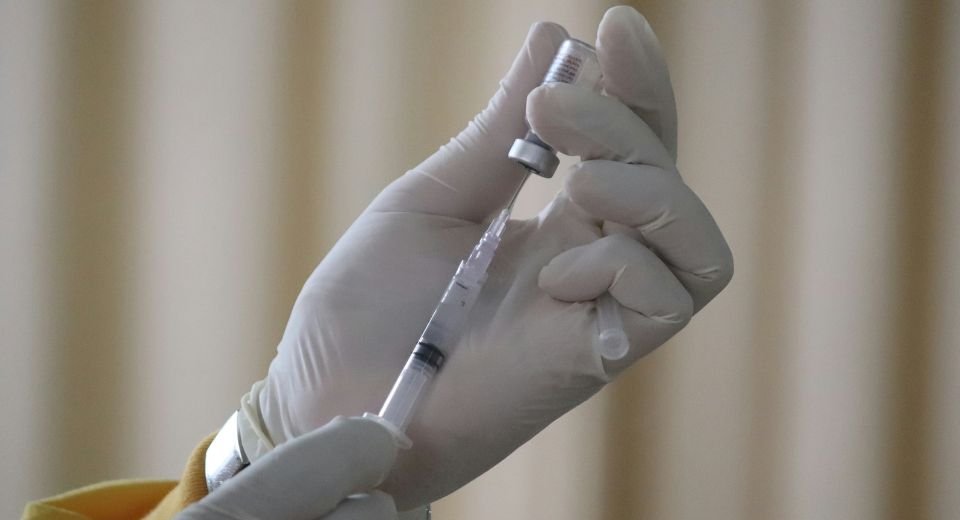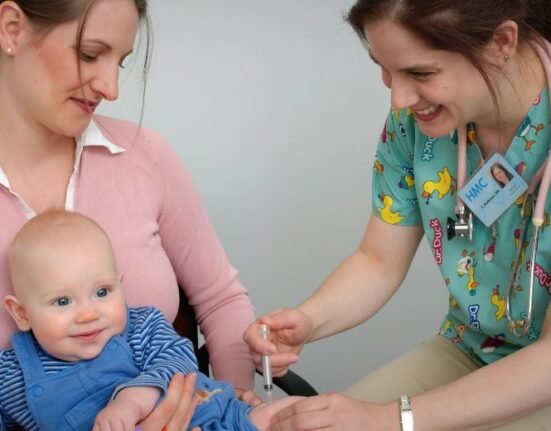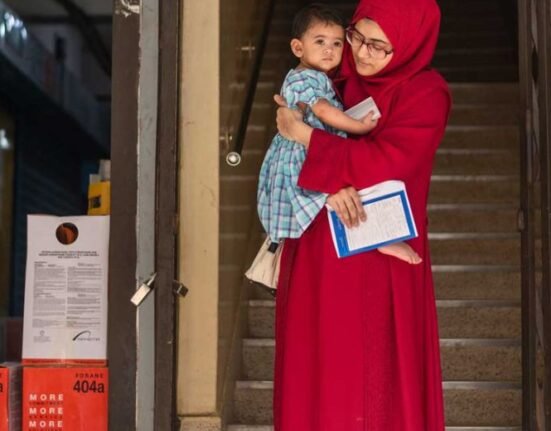HQ Team
February 4, 2024: Measles cases rose 30-fold in Europe with more than 30,000 people being infected by the contagious viral disease between January-October 2023 period, according to the WHO.
The cases were reported from 40 of the WHO region’s 53 member states and are expected to spread if urgent curbs are not in place.
“We have seen in the region not only a 30-fold increase in measles cases, but also nearly 21 000 hospitalizations and five measles-related deaths. This is concerning,” said Dr Hans Henri P. Kluge, WHO Regional Director for Europe.
The resurgence of measles is largely attributed to a reverse in vaccination coverage in the countries of the region between 2020 to 2022. The Covid-19 pandemic significantly impacted immunisation system performance in this period, resulting in an accumulation of un- and under-vaccinated children.
“Vaccination is the only way to protect children from this potentially dangerous disease. Urgent vaccination efforts are needed to halt transmission and prevent further spread,” Dr Kluge said.
‘Timely response’
“It is vital that all countries are prepared to rapidly detect and timely respond to measles outbreaks, which could endanger progress towards measles elimination,” he said in an emailed statement.
The start of domestic and international travel and the removal of social and public health measures linked to the Covid-19 pandemic have increased the risk of cross-border disease transmission and spread within communities.
This is true, especially in un- and under-vaccinated communities, according to the WHO statement.
In 2022, 941 measles cases were reported in the European region. The very year the infection affected all age groups, with significant differences in the age distribution of cases among countries.
Overall, two in five cases were among children 1 to 4 years of age, and one in five cases were among adults 20 years and older. From the beginning of 2023 through to October, 20,918 people were hospitalised, and two countries reported five measles-related deaths.
Vaccinations decline
More than 1.8 million infants in the European region missed their measles vaccination between 2020 and 2022. Reported national coverage with the first dose of measles-containing vaccine in the Region decreased from 96% in 2019 to 93% in 2022, while second-dose coverage fell from 92% in 2019 to 91% in 2022.
Cases have been reported in many countries where measles has been declared eliminated as an endemic disease.
Countries that have achieved measles elimination are still at risk of large and disruptive outbreaks following the importation of the measles virus from other countries if very high rates of routine childhood vaccination — at least 95% — are not sustained in all communities, the WHO stated.
Locally tailored immunisation strategies that target the identified disparities and promote vaccine equity must be fundamental to efforts moving forward, the global health agency stated.
The disease spreads through the air by respiratory droplets produced from coughing or sneezing by the infected person.
Measles symptoms don’t appear until 10 to 14 days after exposure. They include cough, runny nose, inflamed eyes, sore throat, fever and a red, blotchy skin rash. Treatment consists of symptomatic management and preventing dehydration.








